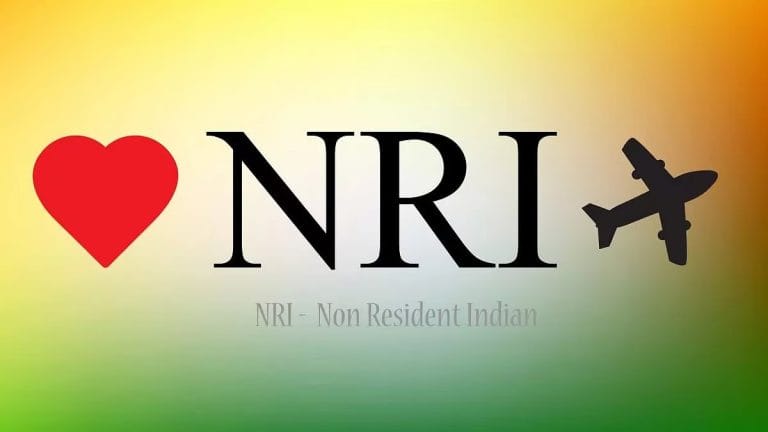🎧 Listen to This Article
With recent reforms to India’s foreign exchange laws, cross-border share swaps have become legally permissible and easier to execute. However, tax experts caution that non-resident Indians (NRIs) must remain alert to potential tax liabilities, especially when the swap involves undervalued Indian shares.
A Common NRI Dilemma
A typical situation faced by NRIs today: you own shares in a foreign (U.S.) subsidiary of an Indian parent company. The Indian parent is restructuring and offering the option to exit your holdings or swap your foreign shares for equity in the Indian parent company.
From a regulatory standpoint, this transaction is now allowed under India’s foreign exchange law reforms introduced in August 2024. The onus for compliance lies with the Indian company, which must ensure proper valuation and documentation of the share swap.
But what about tax implications in India?
When Capital Gains Are Taxable in India
As a non-resident under Indian tax law, capital gains from selling foreign shares are not taxable in India unless the foreign company derives substantial value from assets located in India.
Two specific thresholds determine this:
- Indian assets exceed ₹10 crore, and
- These assets account for 50% or more of the total value of the foreign company.
If both apply, the foreign company’s shares are considered Indian-sourced, and gains may be taxable in India. However, many U.S. subsidiaries may not meet these criteria, so taxation under this rule is uncommon. Always review the company’s asset breakdown to be sure.
The Trap of Undervalued Share Swaps
Even if the capital gains rules don’t apply, NRIs could face tax under Indian income tax rules if the fair market value (FMV) of the Indian shares you receive exceeds what you’re giving up.
If the difference is over ₹50,000, the entire difference may be taxed as “income from other sources.” This typically applies if the share swap undervalues your Indian shares, i.e., you’re effectively getting more than you paid for.
Key Tip: Ensure the Indian company has obtained valuation reports from certified professionals to avoid any discrepancy between FMV and swap value.
Regulatory Clarity Post-Reform
Since August 2024, cross-border share swaps have been fully permitted under India’s updated foreign exchange laws. For NRIs, this means:
- No need to seek RBI approval,
- No individual compliance burden,
- But tax risks remain, especially in undervalued transactions.
Do You Need to File a Tax Return?
If your transaction triggers a tax liability in India, either under capital gains or income from undervaluation, you may be required to file an income tax return in India. Consult a qualified tax advisor to determine your specific obligation.
While India’s regulatory landscape has opened the door for smoother cross-border equity exchanges, NRIs must tread carefully. Ensuring accurate valuations, understanding source-based taxation, and reviewing structural details of your foreign investments are key to avoiding unexpected tax bills.



